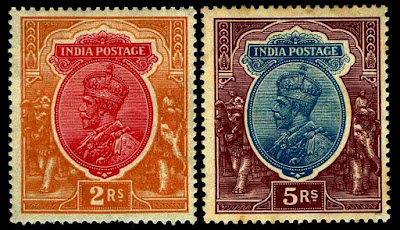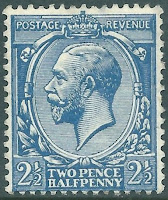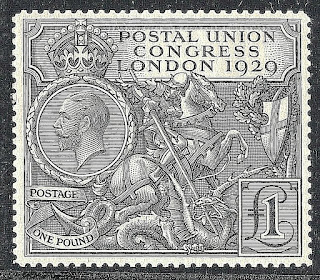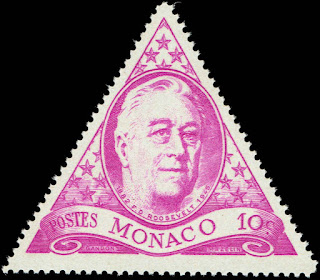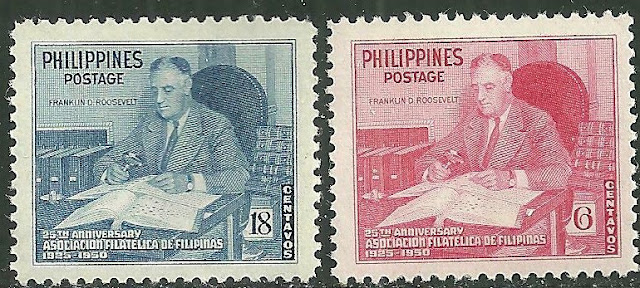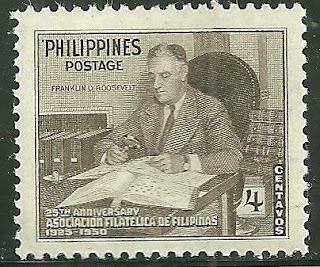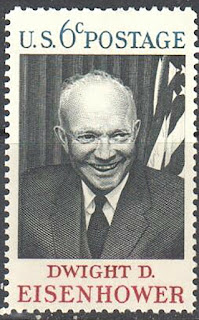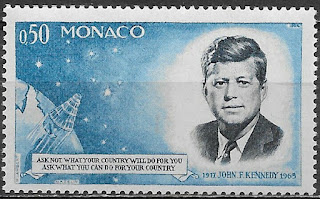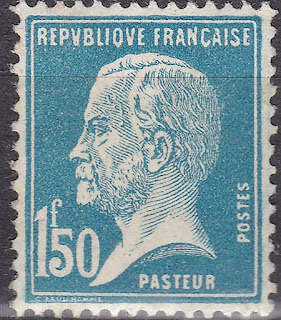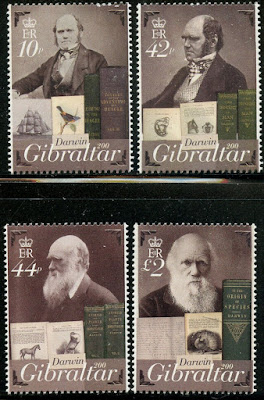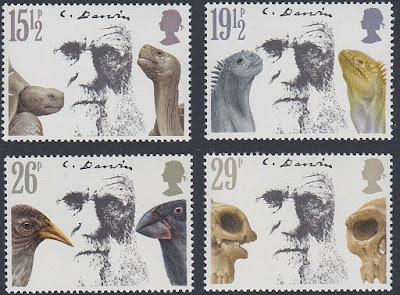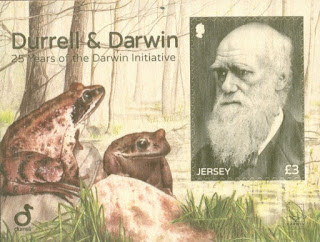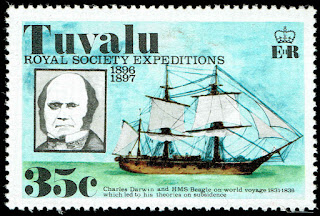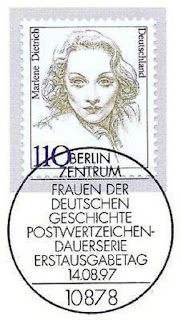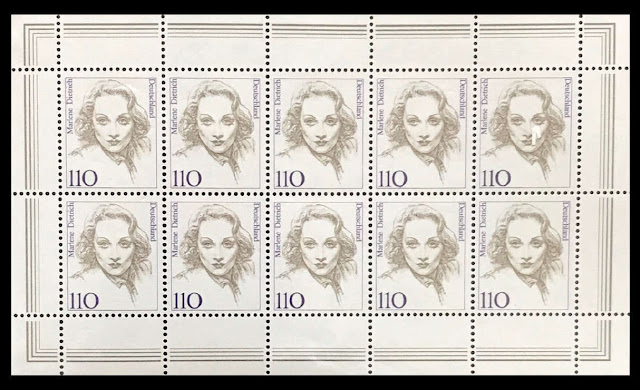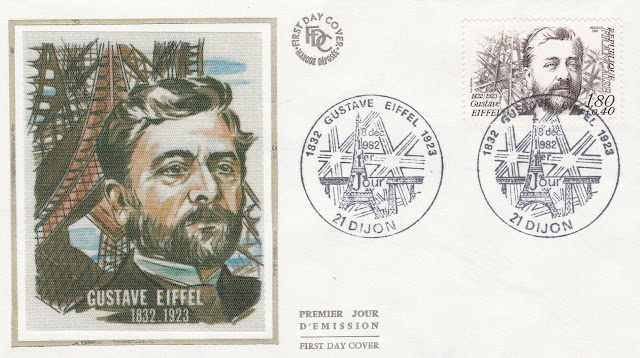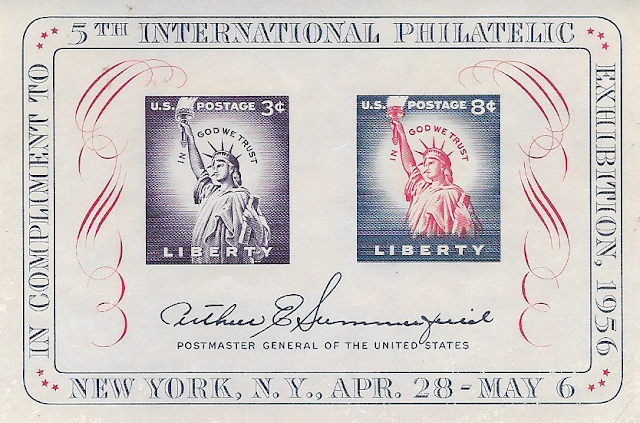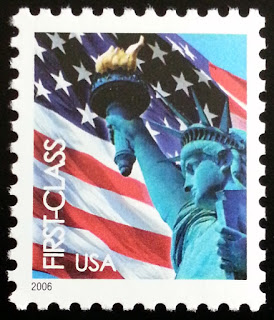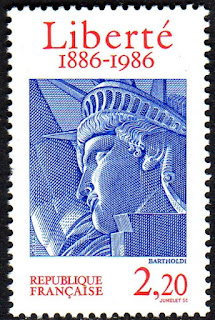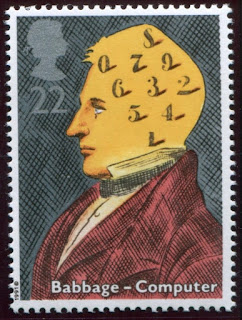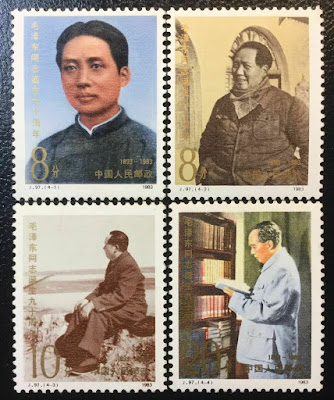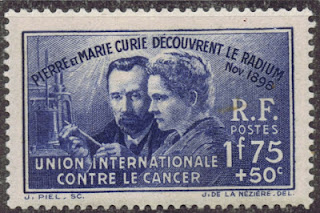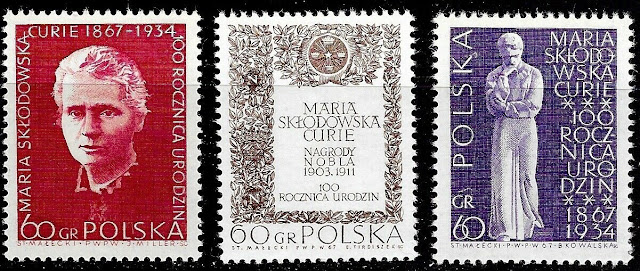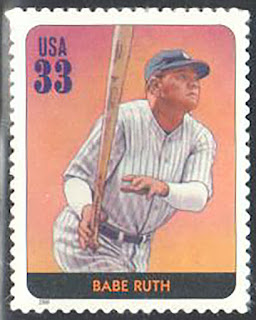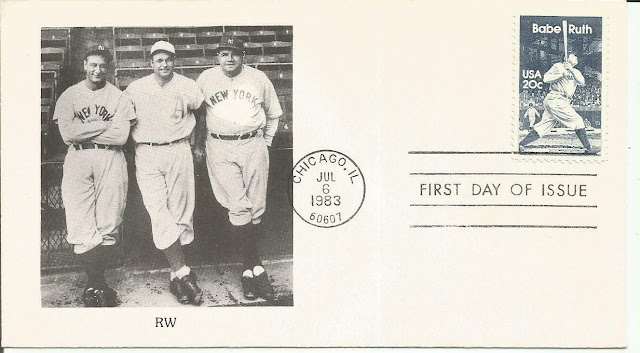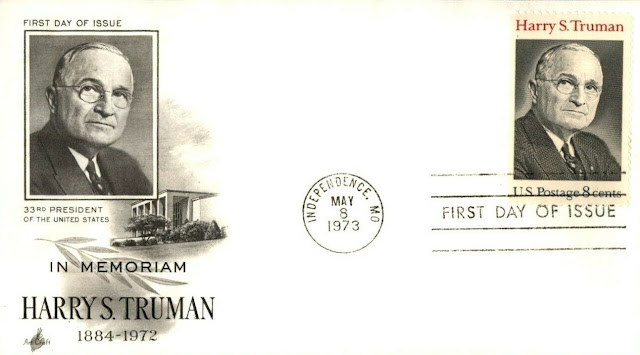Here are some events that happened on January 20th. It could be an event or a person that died or was born on that day
1841 – Hong Kong Island is occupied by the British.
Hong Kong Island is an island in the southern part of Hong Kong. It has a population of 1,289,500 and its population density is 16,390/km2, as of 2008. The island had a population of about 3,000 inhabitants scattered in a dozen fishing villages when it was occupied by the United Kingdom in the First Opium War (1839–1842). In 1842, the island was formally ceded in perpetuity to the UK under the Treaty of Nanking and the City of Victoria was then established on the island by the British Force in honour of Queen Victoria. The island was given as a gesture of goodwill back to China at the end of the New Territories lease, to ensure continued peace and fair trading in the area.
The Central area on the island is the historical, political and economic centre of Hong Kong. The northern coast of the island forms the southern shore of the Victoria Harbour, which is largely responsible for the development of Hong Kong due to its deep waters favoured by large trade ships.
The island is home to many of the most famous sights in Hong Kong, such as "The Peak", Ocean Park, many historical sites and various large shopping centres. The mountain ranges across the island are also famous for hiking. The northern part of Hong Kong Island, together with Kowloon and Tsuen Wan New Town, forms the core urban area of Hong Kong. Their combined area is approximately 88.3 square kilometres (34.1 square miles) and their combined population (that of the northern part of the island and of Kowloon) is approximately 3,156,500, reflecting a population density of 35,700/km2 (91,500/sq. mi.).
The island is often referred to locally as "Hong Kong side" or "Island side". Suffix "side" applied to other locations (e.g. China-side and Kowloon Walled City-side), the sole remnant of which is "Kowloon side" when indicating the two sides of the harbour. The form was once more common in Britain than now, such as south/Surrey-side and endures in British placenames like Cheapside, Tyneside, and Teesside, not all of which have an obvious watercourse or boundary.
Stamps issued under British rule
1891 Died: Kalākaua, king of Hawaii (b. 1836)
Kalākaua (David Laʻamea Kamananakapu Mahinulani Naloiaehuokalani Lumialani Kalākaua; November 16, 1836 – January 20, 1891), sometimes called The Merrie Monarch, was the last king and penultimate monarch of the Kingdom of Hawaiʻi, reigning from February 12, 1874, until his death. Succeeding Lunalilo, he was elected to the vacant throne of Hawaiʻi against Queen Emma. Kalākaua had a convivial personality and enjoyed entertaining guests with his singing and ukulele playing. At his coronation and his birthday jubilee, the hula that had been banned from public in the kingdom became a celebration of Hawaiian culture.
During his reign, the Reciprocity Treaty of 1875 brought great prosperity to the kingdom. Its renewal continued the prosperity but allowed the United States to have exclusive use of Pearl Harbor. In 1881, he took a trip around the world to encourage the immigration of contract sugar plantation workers. Kalākaua wanted Hawaiians to broaden their education beyond their nation. He instituted a government financed program to sponsor qualified students to be sent abroad to further their education. Two of Kalākaua's projects, the statue of Kamehameha I and the rebuilding of ʻIolani Palace, were expensive endeavors but are popular tourist attractions today.
Extravagant expenditures and his plans for a Polynesian confederation played into the hands of annexationists who were already working towards a United States takeover of Hawaiʻi. In 1887, he was pressured to sign a new constitution that made the monarchy little more than a figurehead position. He had faith in his sister Liliʻuokalani's abilities to rule as regent when he named her as his heir-apparent following the death of their brother, William Pitt Leleiohoku II, in 1877. After his death, she became the last monarch of Hawaiʻi.
Stamps from Hawaii depicting Kalākaua
1936 – King George V of the United Kingdom dies. His eldest son succeeds to the throne, becoming Edward VIII. The title Prince of Wales is not used for another 22 years.
George V (George Frederick Ernest Albert; 3 June 1865 – 20 January 1936) was King of the United Kingdom and the British Dominions, and Emperor of India, from 6 May 1910 until his death in 1936.
Born during the reign of his grandmother Queen Victoria, George was third in the line of succession behind his father, Prince Albert Edward, and his own elder brother, Prince Albert Victor. From 1877 to 1891, George served in the Royal Navy, until the unexpected death of his elder brother in early 1892 put him directly in line for the throne. On the death of his grandmother in 1901, George's father ascended the throne as Edward VII, and George was created Prince of Wales. He became king-emperor on his father's death in 1910.
George V's reign saw the rise of socialism, communism, fascism, Irish republicanism, and the Indian independence movement, all of which radically changed the political landscape. The Parliament Act 1911 established the supremacy of the elected British House of Commons over the unelected House of Lords. As a result of the First World War (1914–1918), the empires of his first cousins Nicholas II of Russia and Wilhelm II of Germany fell, while the British Empire expanded to its greatest effective extent. In 1917, George became the first monarch of the House of Windsor, which he renamed from the House of Saxe-Coburg and Gotha as a result of anti-German public sentiment. In 1924 he appointed the first Labour ministry and in 1931 the Statute of Westminster recognised the dominions of the Empire as separate, independent states within the British Commonwealth of Nations. He had smoking-related health problems throughout much of his later reign and at his death was succeeded by his eldest son, Edward VIII.
Stamps from Great Britain, Hong Kong and India depicting George V
1937 – Franklin D. Roosevelt and John Nance Garner are sworn in for their second terms as U.S. President and U.S. Vice President; it is the first time a Presidential Inauguration takes place on January 20 since the 20th Amendment changed the dates of presidential terms.
Franklin Delano Roosevelt (January 30, 1882 – April 12, 1945), often referred to by his initials FDR, was an American politician who served as the 32nd president of the United States from 1933 until his death in 1945. A member of the Democratic Party, he won a record four presidential elections and became a central figure in world events during the first half of the 20th century. Roosevelt directed the federal government during most of the Great Depression, implementing his New Deal domestic agenda in response to the worst economic crisis in U.S. history. As a dominant leader of his party, he built the New Deal Coalition, which realigned American politics into the Fifth Party System and defined American liberalism throughout the middle third of the 20th century. His third and fourth terms were dominated by World War II, which ended shortly after he died in office. He is rated by scholars as one of the three greatest U.S. presidents, along with George Washington and Abraham Lincoln, but has also been subject to substantial criticism.
Roosevelt was born in Hyde Park, New York, to a Dutch American family made well known by the reputation of Theodore Roosevelt, the 26th president of the United States, and William Henry Aspinwall. FDR graduated from Groton School and Harvard College and attended Columbia Law School but left after passing the bar exam to practice law in New York City. In 1905, he married his fifth cousin once removed, Eleanor Roosevelt. They had six children, of whom five survived into adulthood. He won election to the New York State Senate in 1910, and then served as Assistant Secretary of the Navy under President Woodrow Wilson during World War I. Roosevelt was James M. Cox's running mate on the Democratic Party's 1920 national ticket, but Cox was defeated by Republican Warren G. Harding. In 1921, Roosevelt contracted a paralytic illness, believed at the time to be polio, and his legs became permanently paralyzed. While attempting to recover from his condition, Roosevelt founded the treatment center in Warm Springs, Georgia, for people with poliomyelitis. In spite of being unable to walk unaided, Roosevelt returned to public office by winning election as Governor of New York in 1928. He served as governor from 1929 to 1933, promoting programs to combat the economic crisis besetting the United States.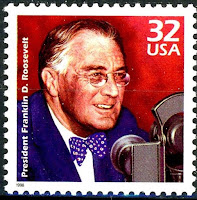
In the 1932 presidential election, Roosevelt defeated Republican President Herbert Hoover in a landslide. Roosevelt took office in the midst of the Great Depression, the worst economic crisis in U.S. history. During the first 100 days of the 73rd United States Congress, Roosevelt spearheaded unprecedented federal legislation and issued a profusion of executive orders that instituted the New Deal—a variety of programs designed to produce relief, recovery, and reform. He created numerous programs to provide relief to the unemployed and farmers while seeking economic recovery with the National Recovery Administration and other programs. He also instituted major regulatory reforms related to finance, communications, and labor, and presided over the end of Prohibition. He harnessed radio to speak directly to the American people, giving 30 "fireside chat" radio addresses during his presidency and becoming the first American president to be televised. The economy having improved rapidly from 1933 to 1936, Roosevelt won a landslide reelection in 1936. However, the economy then relapsed into a deep recession in 1937 and 1938. After the 1936 election, Roosevelt sought passage of the Judiciary Reorganization Bill of 1937 (the "court packing plan"), which would have expanded the size of the Supreme Court of the United States. The bipartisan Conservative Coalition that formed in 1937 prevented passage of the bill and blocked the implementation of further New Deal programs and reforms. Major surviving programs and legislation implemented under Roosevelt include the Securities and Exchange Commission, the National Labor Relations Act, the Federal Deposit Insurance Corporation, Social Security, and the Fair Labor Standards Act of 1938.
The United States reelected FDR in 1940 for his third term, making him the only U.S. President to serve for more than two terms. With World War II looming after 1938, Roosevelt gave strong diplomatic and financial support to China, the United Kingdom and eventually the Soviet Union while the U.S. remained officially neutral. Following the Japanese attack on Pearl Harbor on December 7, 1941, an event he famously called "a date which will live in infamy", Roosevelt obtained a congressional declaration of war on Japan, and, a few days later, on Germany and Italy. Assisted by his top aide Harry Hopkins and with very strong national support, he worked closely with British Prime Minister Winston Churchill, Soviet leader Joseph Stalin and Chinese Generalissimo Chiang Kai-shek in leading the Allied Powers against the Axis Powers. Roosevelt supervised the mobilization of the U.S. economy to support the war effort, and implemented a Europe first strategy, making the defeat of Germany a priority over that of Japan. He also initiated the development of the world's first atomic bomb, and worked with the other Allied leaders to lay the groundwork for the United Nations and other post-war institutions. Roosevelt won reelection in 1944, but with his physical health declining during the war years, he died in April 1945, less than three months into his fourth term. The Axis Powers surrendered to the Allies in the months following Roosevelt's death, during the presidency of his successor, Harry S. Truman.
Stamps from Greece, Philippines, Monaco and the US depicting Roosevelt
Eisenhower was born David Dwight Eisenhower, and raised in Abilene, Kansas, in a large family of mostly Pennsylvania Dutch ancestry. His family had a strong religious background. His mother became a Jehovah's Witness. Eisenhower, however, did not belong to any organized church until 1952. He graduated from West Point in 1915 and later married Mamie Doud, with whom he had two sons. During World War I, he was denied a request to serve in Europe and instead commanded a unit that trained tank crews. Following the war, he served under various generals and was promoted to the rank of brigadier general in 1941. After the United States entered World War II, Eisenhower oversaw the invasions of North Africa and Sicily before supervising the invasions of France and Germany. After the war, he served as Army Chief of Staff (1945–1948), as president of Columbia University (1948–1953) and as the first Supreme Commander of NATO (1951–1952).
In 1952, Eisenhower entered the presidential race as a Republican to block the isolationist foreign policies of Senator Robert A. Taft; Taft opposed NATO and wanted no foreign entanglements. Eisenhower won that election and the 1956 election in landslides, both times defeating Adlai Stevenson II. Eisenhower's main goals in office were to contain the spread of communism and reduce federal deficits. In 1953, he threatened to use nuclear weapons until China agreed to peace terms in the Korean War. China did agree and an armistice resulted which remains in effect. His New Look policy of nuclear deterrence prioritized inexpensive nuclear weapons while reducing funding for expensive Army divisions. He continued Harry S. Truman's policy of recognizing Taiwan as the legitimate government of China, and he won congressional approval of the Formosa Resolution. His administration provided major aid to help the French fight off Vietnamese Communists in the First Indochina War. After the French left, he gave strong financial support to the new state of South Vietnam. He supported regime-changing military coups in Iran and Guatemala orchestrated by his own administration. During the Suez Crisis of 1956, he condemned the Israeli, British, and French invasion of Egypt, and he forced them to withdraw. He also condemned the Soviet invasion during the Hungarian Revolution of 1956 but took no action. After the Soviet Union launched Sputnik in 1957, Eisenhower authorized the establishment of NASA, which led to the Space Race. He deployed 15,000 soldiers during the 1958 Lebanon crisis. Near the end of his term, he failed to set up a summit meeting with the Soviets when a U.S. spy plane was shot down over the Soviet Union. He approved the Bay of Pigs invasion, which was left to John F. Kennedy to carry out.
On the domestic front, Eisenhower was a moderate conservative who continued New Deal agencies and expanded Social Security. He covertly opposed Joseph McCarthy and contributed to the end of McCarthyism by openly invoking executive privilege. He signed the Civil Rights Act of 1957 and sent Army troops to enforce federal court orders which integrated schools in Little Rock, Arkansas. His largest program was the Interstate Highway System. He promoted the establishment of strong science education via the National Defense Education Act. His two terms saw widespread economic prosperity except for a minor recession in 1958. In his farewell address to the nation, he expressed his concerns about the dangers of massive military spending, particularly deficit spending and government contracts to private military manufacturers, which he dubbed "the military–industrial complex". Historical evaluations of his presidency place him among the upper tier of American presidents.
US stamps depicting Eisenhower






